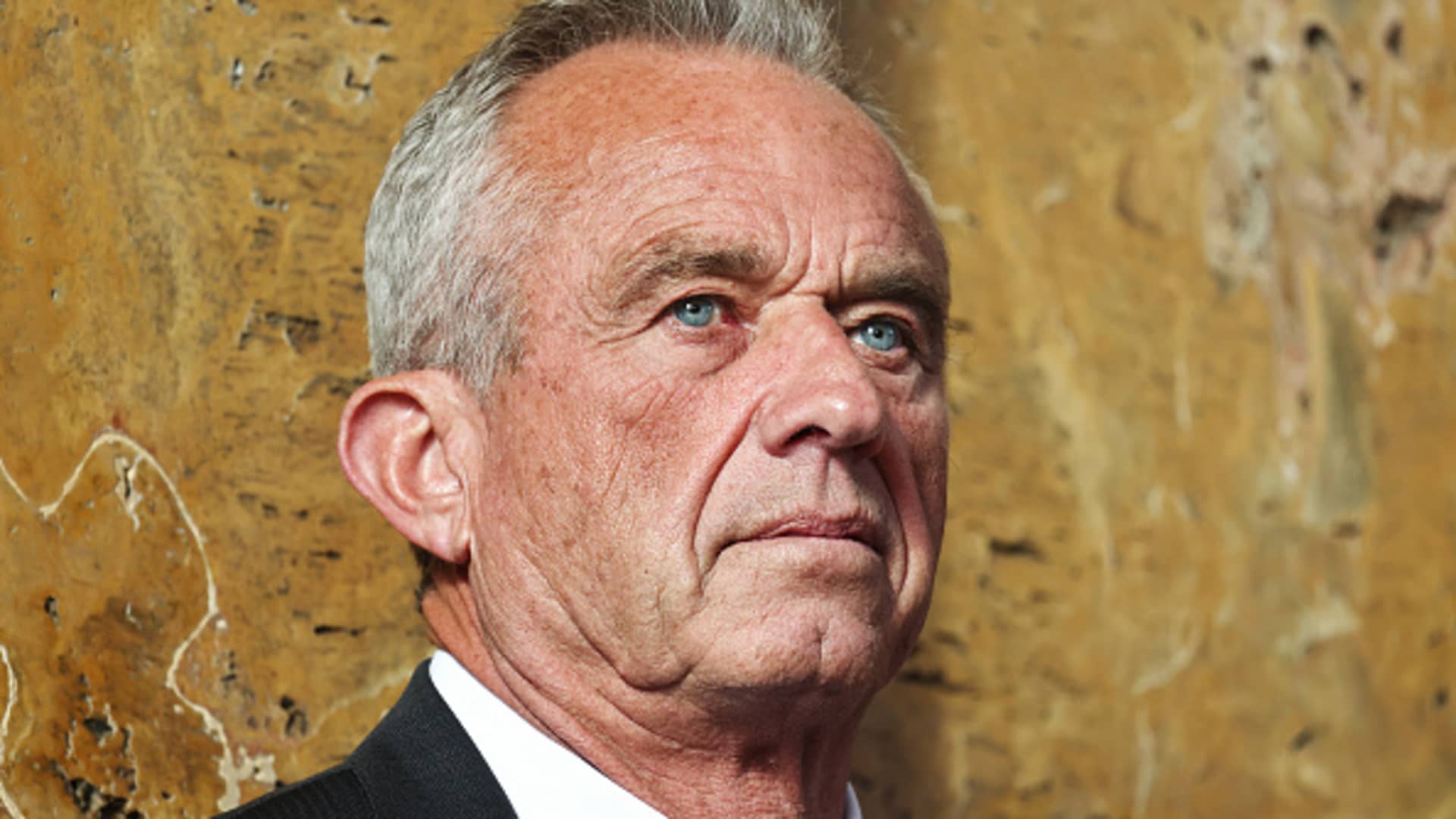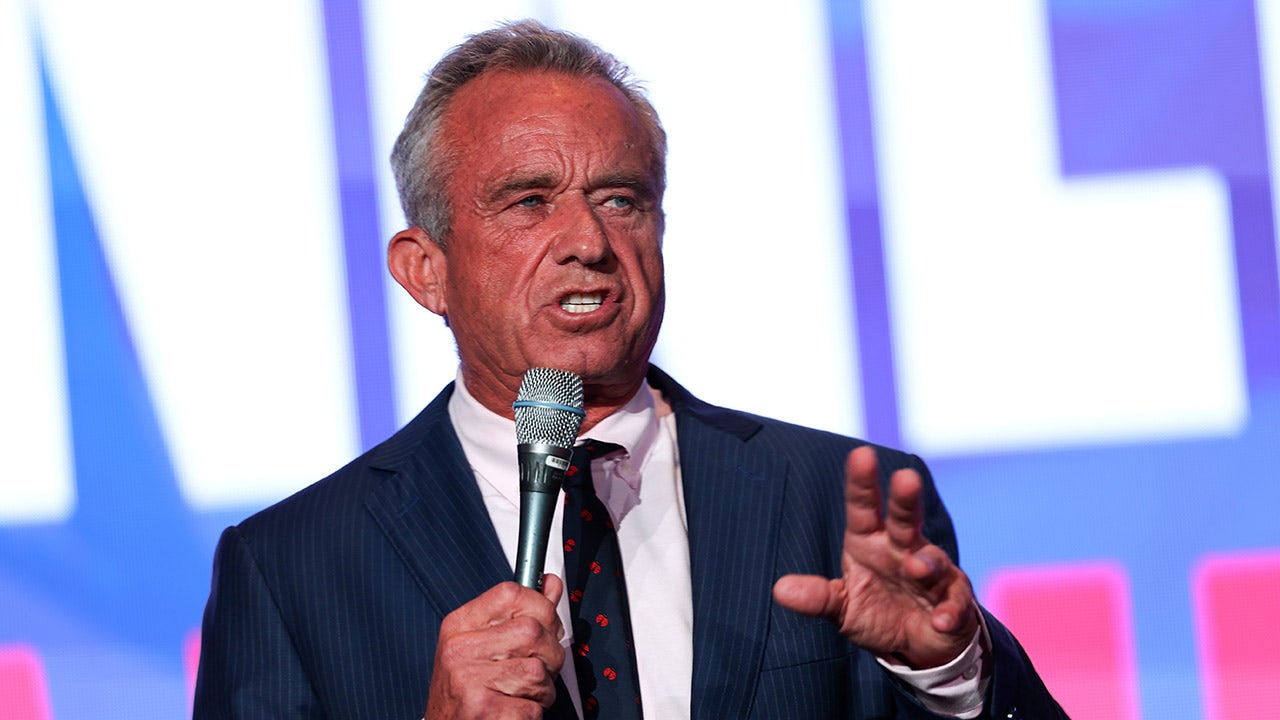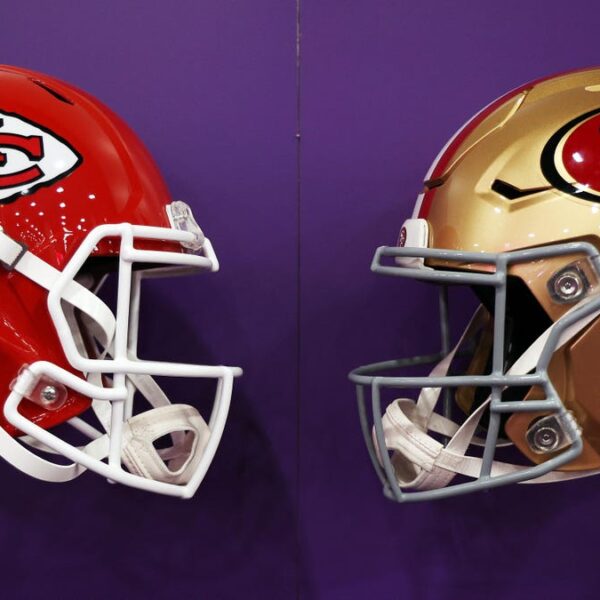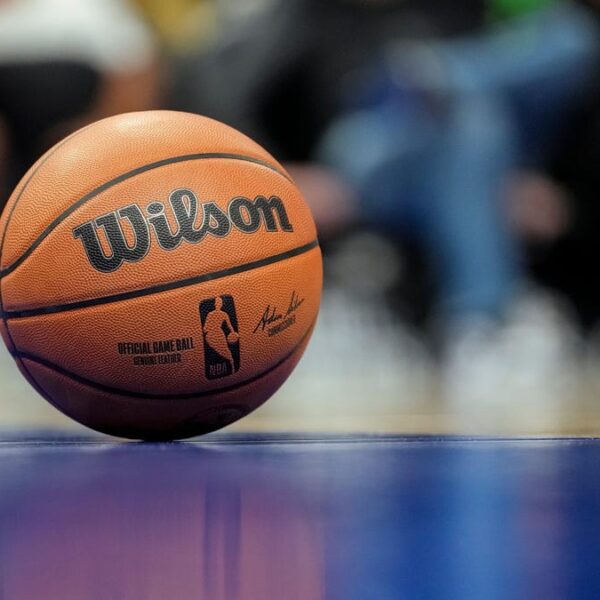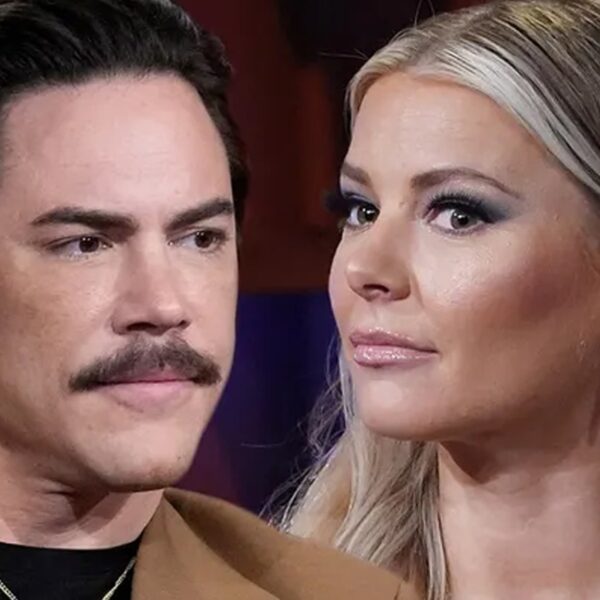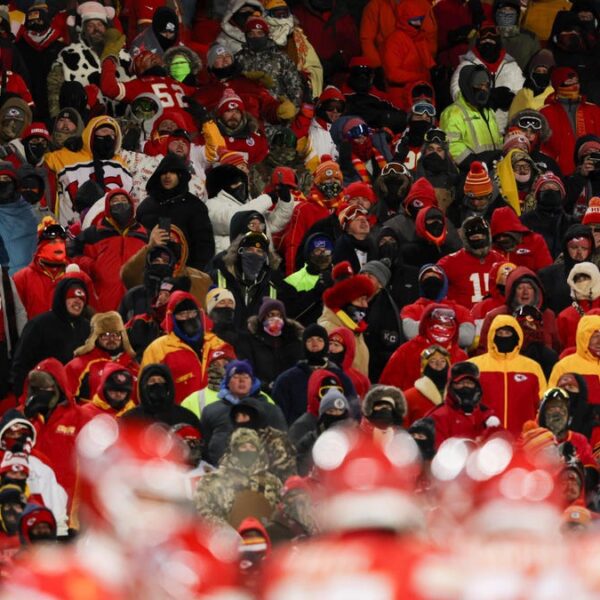PHOENIX — Robert F. Kennedy Jr.’s campaign told a Pennsylvania court that he will be endorsing former President Donald Trump, ahead of his own Friday afternoon announcement putting to rest a tumultuous independent presidential campaign.
The filing in Pennsylvania, in a lawsuit related to a legal challenge to his own ballot access in the state, said that Kennedy was withdrawing from the ballot “as a result of today’s endorsement of Donald Trump for the office of President of the United States.”
The filing came shortly before Kennedy was set to take the stage at an Arizona press conference where he’s expected to formally end his presidential campaign.
Kennedy’s bid for the presidency stumbled amid intense opposition from Democrats, controversies stoked by the candidate himself, and difficulties overcoming the significant hurdles facing independents trying to get on ballots across the country.
The decision to end his campaign had been expected, after Kennedy’s running mate began openly musing this week about whether he would drop out to endorse former President Donald Trump. Even before then, his campaign had stopped putting on its own events and started engaging in unusual public diplomacy with Trump, an opponent Kennedy had harshly criticized earlier in the campaign.
Kennedy’s impending drop-out marks the end of one of the more quixotic presidential campaigns in modern history, one that initially gained enough traction to send Democrats into a panic about whether his bid could jeopardize their path to victory in 2024. Initially, Kennedy sought the Democratic presidential nomination, but he decided in October 2023 to run as an independent bid instead.
His support waned, as it typically does for candidates charting a collision course with the country’s two-party system — though this time, it came amid a summer packed with campaign-shaking events.
The Democratic Party’s decision to switch up its presidential ticket has prompted a decline in the share of voters saying they’d back third-party candidates, leaving Kennedy largely pulling from Trump. Even before that, Kennedy and his campaign struggled through a months-long, difficult stretch that raised questions about his viability.
Kennedy’s public poll numbers have been dropping, and neither the candidate nor his running mate have spent much time on the trail in recent weeks. Instead, the candidate was accumulating negative headlines — an allegation that he groped a former famly babysitter (to which he responded to by declaring, “I am not a church boy“); a revelation that he used a dead bear he found on a roadside to stage a fake bicycle accident in New York’s Central Park; and a claim by Kennedy that doctors found a parasite in his brain more than a decade ago, among other things.
He struggled to reconcile his career as an anti-vaccine activist with a need to win over a broad electorate. Kennedy repeatedly courted the anti-vaccine influencers and organizations that were integral to his career, leading to severe criticism from Democrats and other groups pointing to his comments and associations to frame him as a radical. On Thursday, after his campaign announced his intentions to give a Friday update on the state of the race, he tweeted out an 11-minute video he said was an attempt to “set the record straight by explaining my exact posture, point-by-point, one what is probably the most controversial issue of my campaign,” his stance on vaccines. Just 24 hours later, he left the race.
Kennedy also flip-flopped on abortion policy throughout his campaign: In August 2023, while still running as a Democrat, he told NBC News that he’d support signing a national abortion ban after the first three months of pregnancy, before his campaign quickly walked back the comments. Then this May, Kennedy said in a podcast episode that he would support “full-term abortions,” stunning his running mate. Days later, Kennedy walked back those comments, too.
And at an organizational level, Kennedy’s camp struggled at times under the weight of having to fund a massive ballot access program to get on ballots in enough states to win the presidency. By August, only a handful of states had certified Kennedy’s place on the ballot, and he has continued to face legal challenges, including a court decision to boot him from the ballot in New York.
Even though that ballot access program fell short, it wasn’t cheap. The Kennedy campaign spent more than $8 million on campaign consulting from Accelevate 2020 LLC, a group that also does ballot-access work.
Overall, the campaign effectively raised what it spent — it amassed $57.6 million and spent almost $54 million through July. But that fundraising includes $15 million in direct contributions from Kennedy’s vice presidential candidate, Nicole Shanahan, who spent the week stoking the speculation the campaign was about to end. (The campaign also refunded her more than $900,000 last month.)
“There’s two options that we’re looking at, and one is staying in, forming that new party, but we run the risk of a Kamala Harris and Walz presidency, because we draw votes from Trump or we draw somehow more votes from Trump,” she said on a podcast interview released on Monday.
“Or we walk away right now and join forces with Donald Trump. And, you know, we walk away from that and we explain to our base why we’re making this decision,” Shanahan continued.
On Friday, Shanahan posted on social media, writing: “I’m not a Kamala Democrat. I’m not a Trump Republican [.] I’m an INDEPENDENT American who is endorsing ideas, not a person or a party. I will continue working to give a voice to the voiceless and bring power back to the people.”
There have been other financial drains on the campaign, too, including the millions Kennedy spent on security as he repeatedly called on the federal government to provide him with Secret Service protection, evoking the political assassinations of his famous father and uncle.
Federal campaign finance records show Kennedy’s campaign spent more than $3 million on security services provided by Gavin de Becker, a prominent security consultant protecting celebrities who is also a Kennedy supporter and friend. The campaign is also carrying an additional $3 million in debt to de Becker’s company.
The campaign received Secret Service protection after the assassination attempt on Trump in July.
Katherine Koretski reported from Phoenix, Arizona; Ben Kamisar reported from Washington, D.C.

